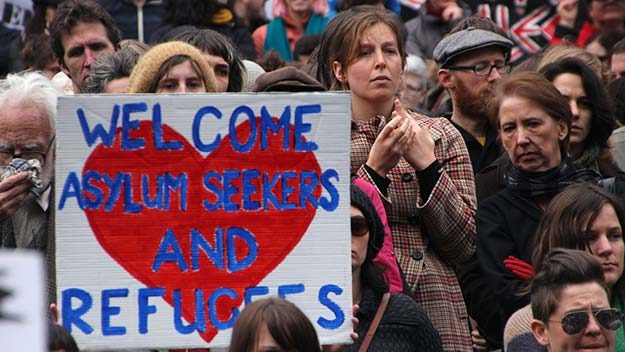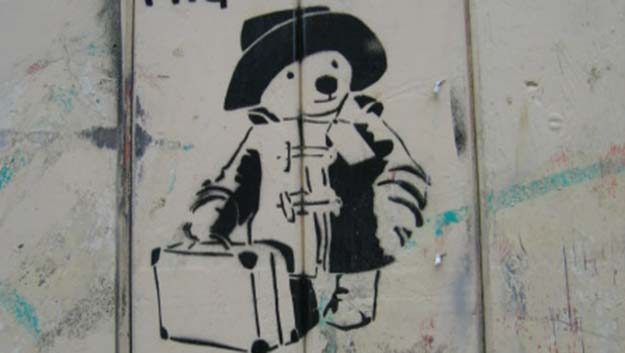Asylum seekers face many hurdles on their quest for safety and housing shouldn’t be one of them, according to Cardiff Destitution Network.

In 2014, Cardiff Destitution Network was launched to provide assistance to asylum seekers facing destitution – defined by the organisation as when people seeking sanctuary have had their basic support withdrawn from the Home Office.
ShareDydd is a member of the Cardiff Destitution Network that specifically focuses on the homelessness problem facing destitute asylum seekers.
“Our aim essentially is to get destitute asylum seekers hosted by individuals or families in Cardiff, or around Cardiff,” said Suzy Youngman, the Development Coordinator for ShareDydd.
Unlike other individuals dealing with homelessness, destitute asylum seekers are at a particular disadvantage as they are restricted from access to other forms of public assistance.
ShareDydd focuses their resources on these individuals and others labeled as NRPF – No Recourse for Public Funds. NRPF individuals cannot access any type of welfare, housing or employment opportunities offered through the government.
“Asylum seekers often become destitute when they reach a gap in their asylum process because they need to appeal, and their national asylum support is removed when they have to appeal or submit a fresh claim,” said Youngman.
Homeless Link identifies NRPF individuals as the highest risk for homelessness and destitution, and particularly highlights migrants and asylum seekers as primary victims in these situations.
“When you’re homeless, especially homeless and hungry in a foreign country, you’re not going to focus particularly well on the particularly heavy legal process to regularise your status, so by hosting people, it just helps them, gives them a safe space really to focus on their case and they can get into a situation where they’re actually being supported by the Home Office and get refugee status in the UK,” said Youngman.
In Wales, Cardiff Destitution Network has paired with six other organisations to address the issues surrounding homelessness, destitution and asylum seekers.
The network, which includes Oasis, Trinity Centre Cardiff and Welsh Refugee Council offers assistance ranging from housing to food, language support and a place of shared worship.
While all types of homeless individuals are at risk, Cardiff Destitution Network and ShareDydd focus their efforts on destitute individuals in order to fill the gap they perceive as missing in the government’s assistance efforts.

“Cardiff…is one of six cities in the UK that have asylum seekers dispersed to it,” said Youngman. “There are lots of organisations that focus on homelessness in general, and some that focus on refugees once they’ve got status, but before they get settled, but not so many that focus on asylum seekers themselves.”
ShareDydd volunteers offer a place for destitute asylum seekers to stay two weeks to a few months while the asylum seekers figure out their next step.
Along with the other members in the Cardiff Destitution Network, ShareDydd works with the No Accommodation Network (NACCOM) to help support destitute asylum seekers and migrants and provide support among similar organisations.
